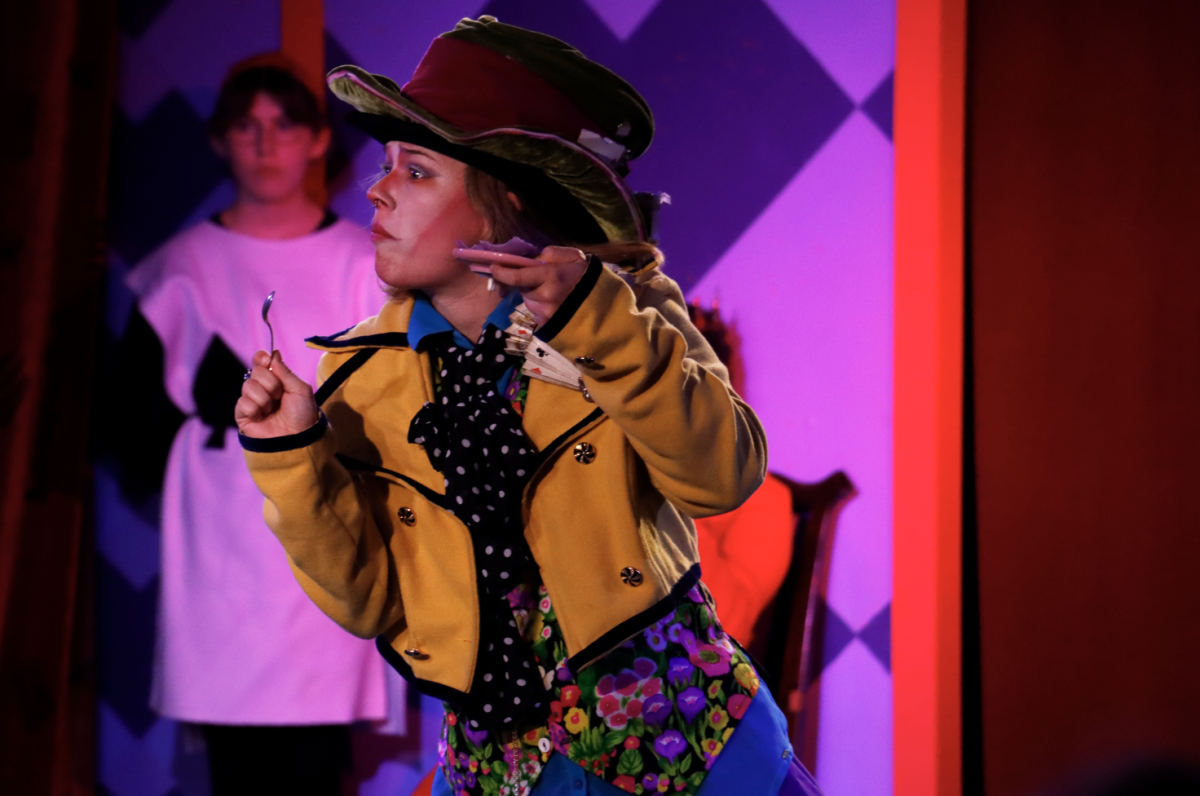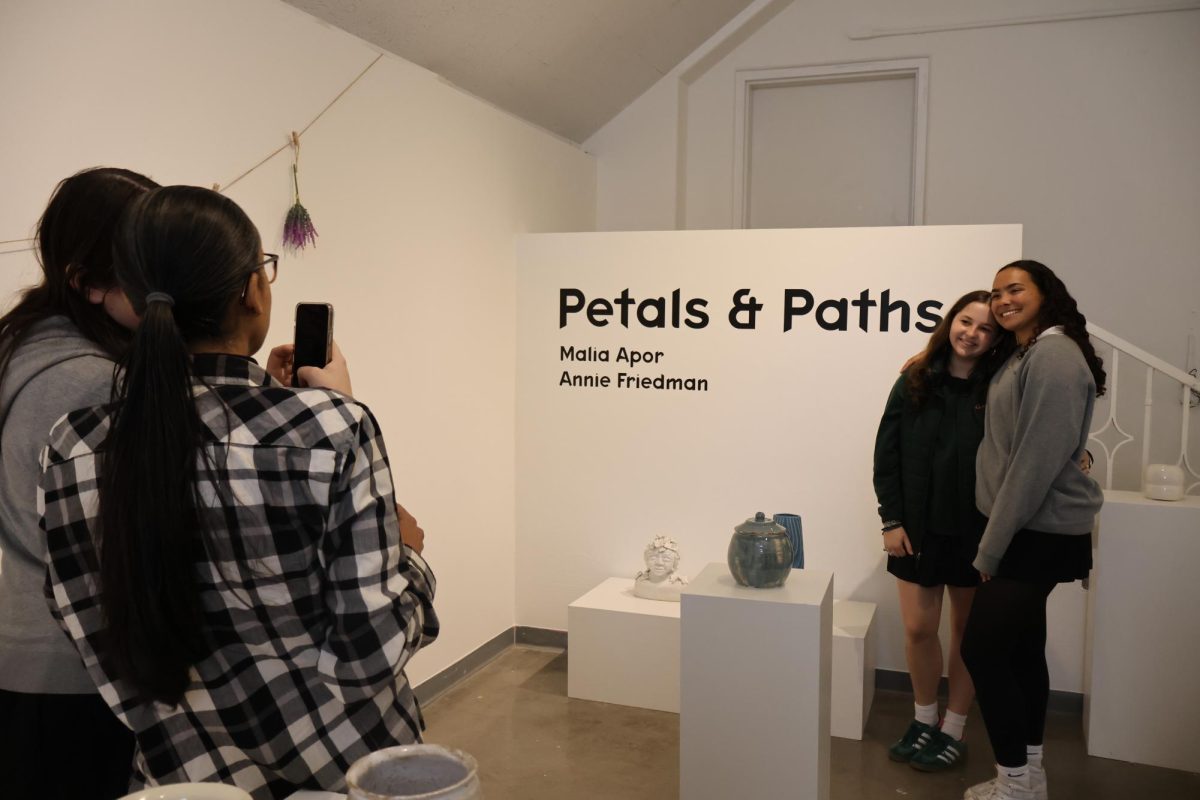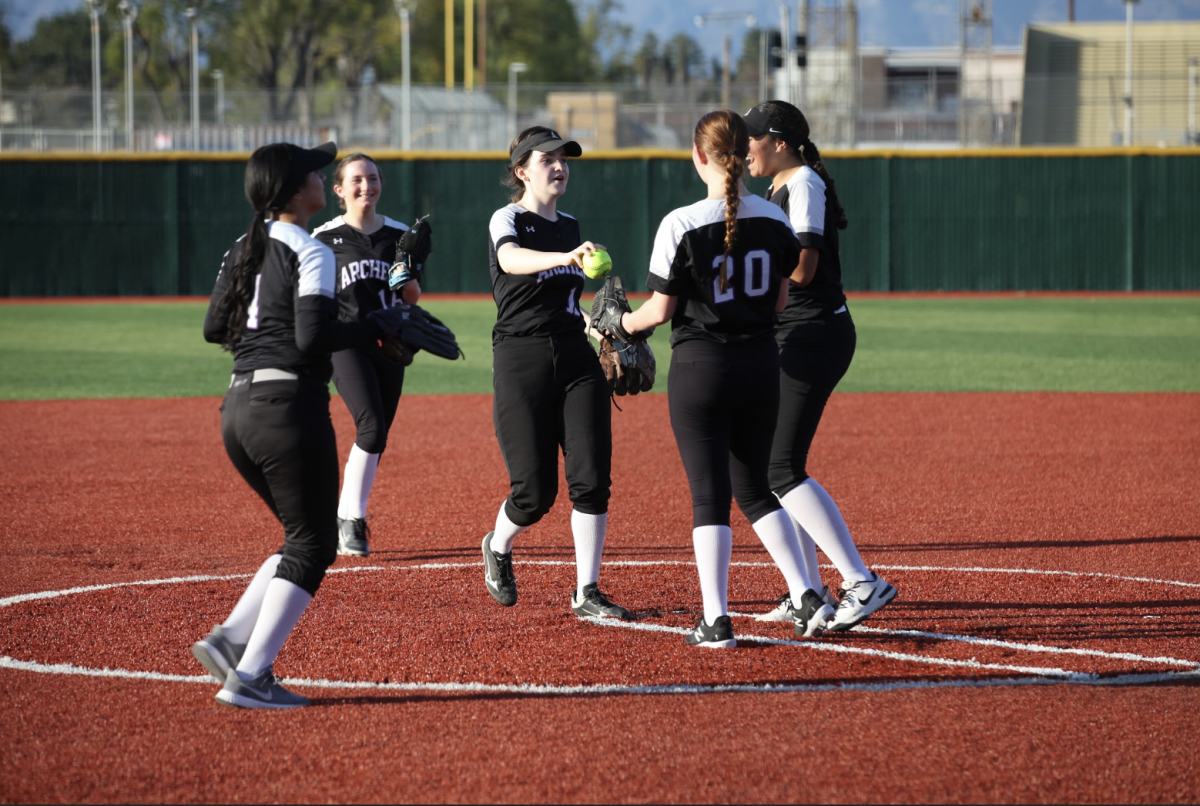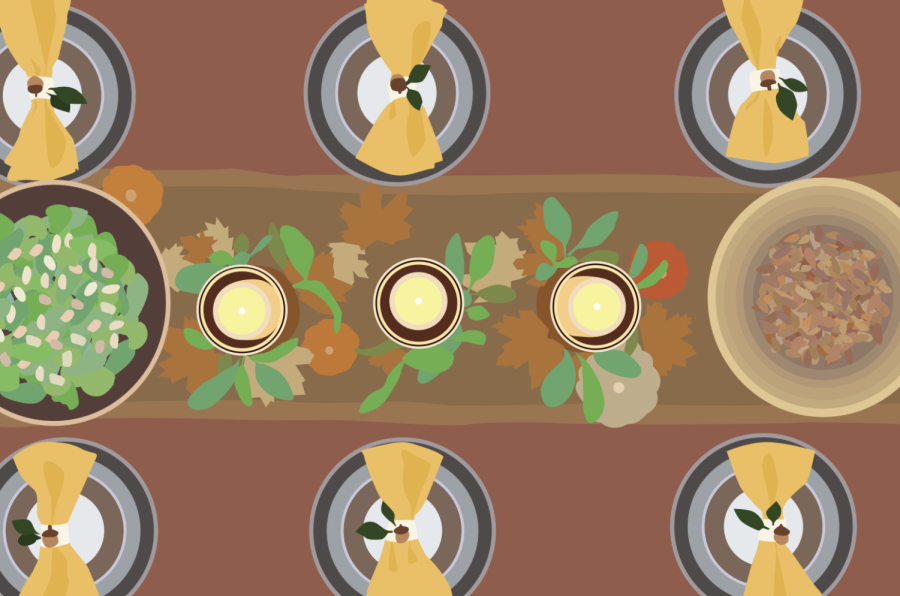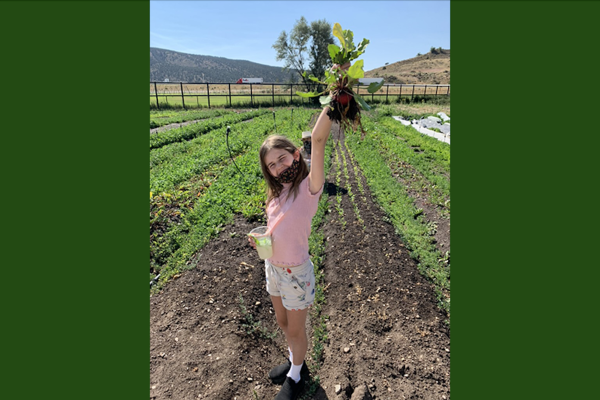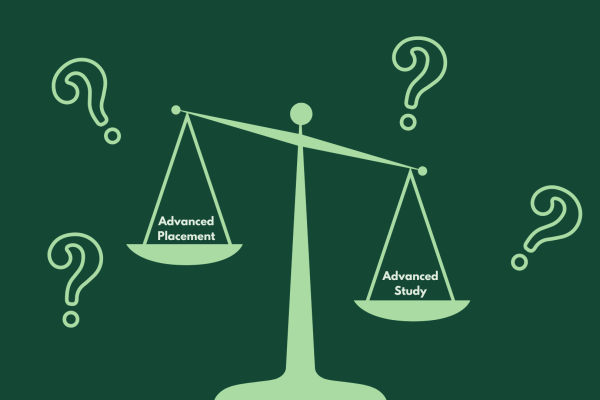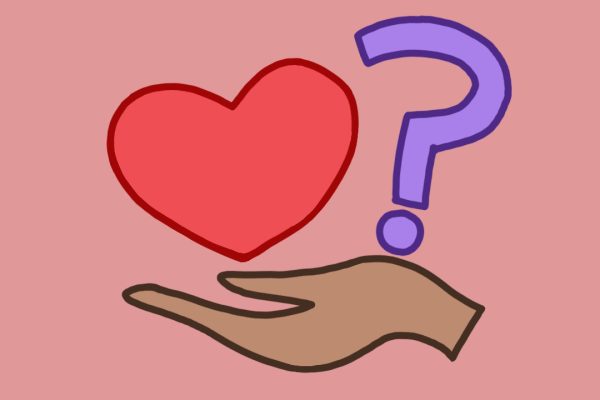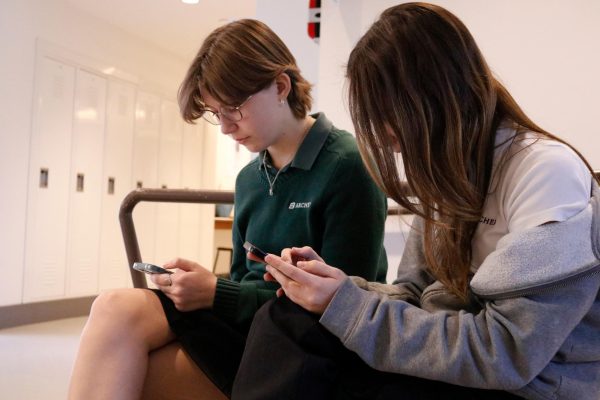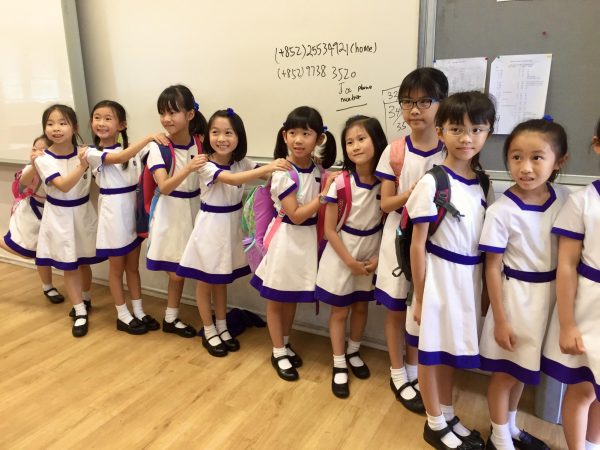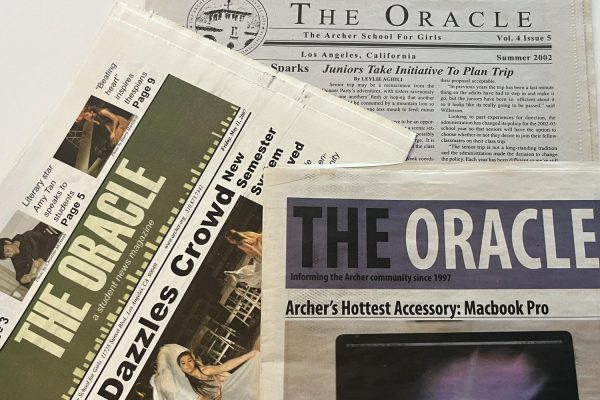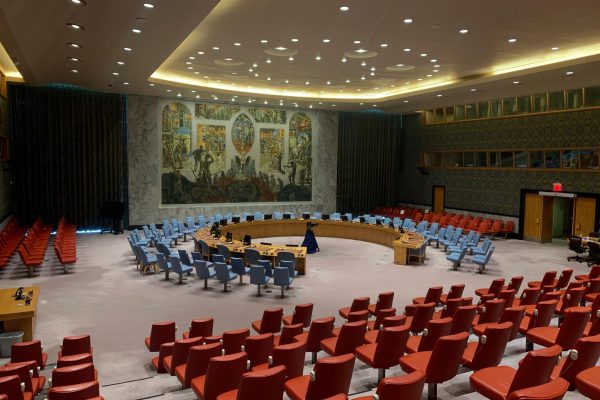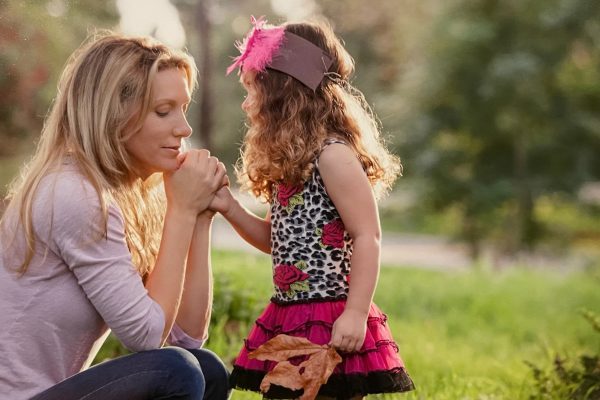Editorial: Giving thanks on stolen land
Photo credit: Graphic Illustration by Molly Solowitz ('22)
As Thanksgiving approaches, it’s important that we acknowledge and and learn about the stolen land and Native culture that was lost amidst colonization of America.
November 19, 2021
Thanksgiving is fast approaching. Soon, people will gather around the table for heaping servings of turkey, mashed potatoes, stuffing, pumpkin pie, cranberry sauce and cornbread. The table will share thankfulness with, and for family and friends. While we appreciate all that we have been given and all that we have, we must also recognize what we have taken and where we reside.
In non-Native communities, the story taught is that the pilgrims landed on Plymouth Rock and shared a great feast with the local Native people in a celebration of the new land and times to come. The holiday was established in later years as a way to celebrate and be thankful for U.S. independence and the constitution. The narrative of happy relations between pilgrims and Native Americans has remained.
That narrative is a lie. The pilgrims pillaged and colonized the land, often slaughtering the Native people and taking their land. The colonists disparaged Native practices and established a new hegemonic group in the “New World”.
The narrative of Thanksgiving, one of community between pilgrims and Native Americans, has long been used to cover up the hundreds of years of erasure, destruction and stealing of land. We cannot continue to celebrate this holiday without acknowledging the lies upon which it is founded, and without learning about who this land was stolen from, how they lived here and all the resources that we disregard.
Here, at the Archer School for Girls, we walk, talk and learn on Kizh/Tongva/Chumash land. The Kizh Nation, residing in the Los Angeles Basin, were forced into labor to build the San Gabriel Mission and were forced to abandon their cultural practices, social structures and sustainable living practices. The Tongva Nation, are indigenous to the Los Angeles Basin and Southern Channel Islands. President Dwight Eisenhower’s “assimilation” policy in 1950 led to the loss of Native children and the rich tribal culture. The Chumash Nation, likewise, inhabited the Santa Monica Mountain and Channel Islands land and have art, songs and stories passed through generations for thousands of years.
These tribes understood, and still understand, the immense value that comes from the land and all of its resources. They respected the environment and fruits it produced, and developed sustainable practices along with an incredibly rich culture and way of life.
This time of year shouldn’t be the only time to think and learn about the Native land you reside on, and the Native Tribes local to you. Do some research, read some articles, get in touch with local Native leaders to learn more and see if there are any ways you can help in their fight for reparations and respect.
So, when you sit down at the Thanksgiving table this year, give thanks to family; give thanks to friends, to health, to food, but recognize the shortcomings of those that took this land, recognize the loss of those who lived here, the symbiotic way of life that once lived in peace with land, the erasure that these communities have faced, and think about what you can learn and listen.
Learn about what Nations are Native to the land you live on here.





![Freshman Milan Earl and sophomore Lucy Kaplan sit with their grandparents at Archer’s annual Grandparents and Special Friends Day Friday, March 15. The event took place over three 75-minute sessions. “[I hope my grandparents] gain an understanding about what I do, Kaplan said, because I know they ask a lot of questions and can sort of see what I do in school and what the experience is like to be here.](https://archeroracle.org/wp-content/uploads/2024/03/grandparents-day-option-2-1200x800.jpg)










